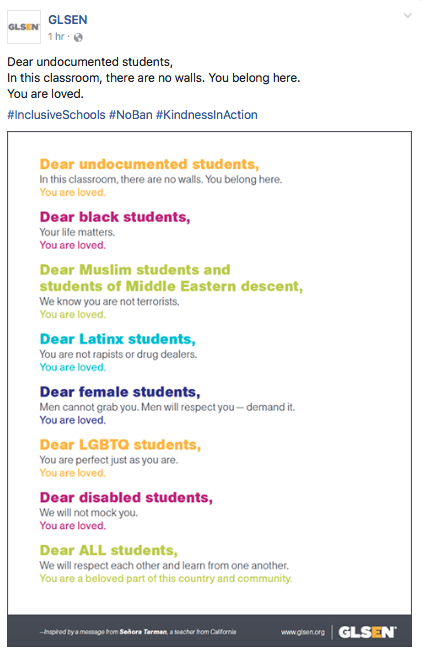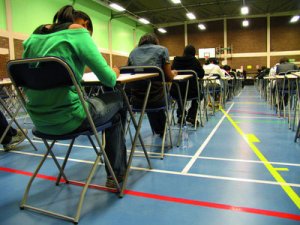*If you click on the image above, you can see replies to this tweet
I came across this tweet a few days ago and needless to say, it has reminded me of similar experiences I have had when teaching and hearing students talk about reading. I have heard students say, “I can only read level R books” or “I can’t read that book, and even “we’re in grade 5 so we are supposed to read at this level, why aren’t you?” The last one is very troubling.
I believe reading levels act as a guide, and of course we want students to be strong readers, reading at or above grade level, but this doesn’t always happen, and it this is okay. There is room to grow as a reader with help from teachers and those around us. I obviously don’t want students reading at a grade 3 level if they are in grade 9, which indicates that the system has failed them along the way.
_________________________________________________________________________________________
Do I agree with standardized reading assessments?
No.
I definitely think that taking a reading assessment kit and using the determined book for the grade level you are testing does a dis-service to the students. In many cases, students are nervous, they know they need to perform well and the books that a student is provided with may be of no interest or relevance to the student and it will probably will not draw on the student’s prior funds of knowledge. These factors impact how a student performs at reading. As well, the testing result may not accurately reflect the students’ ability.
Do I think there is a place for testing student’s reading ability?
Yes.
Understanding the levels your students are reading at, their abilities and challenges are important information for teachers to have. This can help improve instruction as well as providing small group or individual instruction to better support students. I also think that students should know that when they go to the library and pick up a book, they should be able to open it, read a few sentences, and have you ask them a few questions in order to help determine if the book is appropriate for individual reading.
_________________________________________________________________________________________
I do believe that students should know the types of books they can read. I think that knowing the books or series they are able to read could/should help motivate their love of reading, not necessarily confine them to a specific level of books that they may not be interested in or have prior knowledge about. I feel that using leveled books that are per-determined do not relate to students’ interests or help foster a positive regard towards reading.
I think students should know that, “this is a series they can read through” or here is a book where “it is better to look at the pictures, or to read with a parent or sibling”. It is also good for students to read with their peers, to ask for help and to work towards more challenging texts, provided they have the supports and tools in place to help them.
Update – I saw this tweet today, relevant to the original post and my thoughts:





